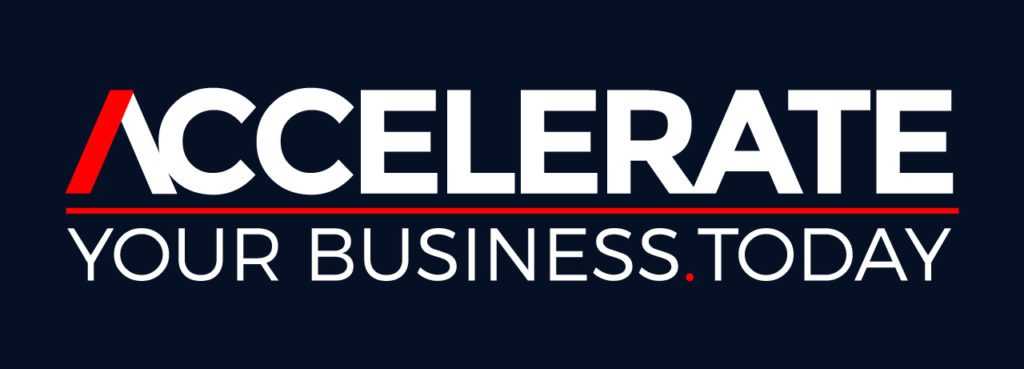How a grave digger grew his business to a $50 billion valuation
He was a –
- A grave Digger,
- A dog handler,
- A wind energy researcher,
He then went to business school and ended up in venture capital.
- Mark Leonard is the elusive ultra-private billionaire behind the $50 Billion constellation software (CSI). Constellation Software, also known as CSI, acquires, manages and builds software businesses.
- Most of the world has never heard from him, and few photos or information about him or his businesses exist.
- His pubic profile has been wiped clean from the internet. However, he does publicise extremely detailed annual letters about the businesses showing exactly how his business has acquired some 600+ companies.
Eventually, Mark became tired of working for venture capital businesses – he found an underdeveloped business niche.
First Capital Raising: He raised $25 million (Canadian) in 1995 from venture colleagues and OMERS, a Canadian pension fund – for expansion into vertical market software
A few years later, they went public on the Toronto Stock Exchange with a roughly $70 million valuation and have never raised additional funding since. Today, the business valuation is about $50 billion, of which the family holds an estimated 7% of the capital.
CSI specialises in small niche vertical businesses
- Niche-specific: invoicing software or CRMs for bowling, and alleys, it takes time for clients to move to competitors.
- The average acquisition price ranges from $5 million to $20 million, with a circa 1.5x profit business valuation,
- Future growth opportunities – there are 40,000 potential acquisitions on the planet they’ve invested in around 500 to date,
- Each new business acquisition increases the company’s total cash flow and allows it to acquire more companies even faster – a positive cash flow loop,
- Constellation Software’s competitors and similar companies include Red Hat, Sage, OpenText and Oracle.
What’s the Business?
Vertical Market Software (VMS) – sells software tailored to specific industry verticals like education, healthcare, and real estate.
VMS software business models are niche: like a company that sells software for managing bowling alley reservations or medical supplies software for dental practices.
Why does this business model work so well?
Each software business they invest in matches the following criteria,
- Generate recurring positive cash revenue by selling their software through subscription services,
- The subscription cost is yearly – upfront, plus yearly cpi increases,
- Their clients rarely switch providers because the systems are vital to their operations,
- If their clients consider switching, there is a high internal cost to do so,
- The software cost is low – it takes up a small share of their client’s overall expenses, typically 1%.
How does CSI make money?
Very little CSI capital is required to maintain revenues as most of the value comes from engineers and computer code. Software is highly scalable, allowing for significant profitability.
- Build It Once, Sell It Forever: Recurring-revenue software businesses are the holy grail of high-profit businesses. Build them once and can sell them thousands, even millions of times, with zero or marginal cost per additional user. Business margins are typically high in the 60-80% GP range.
In 2022, CSI’s revenue hit $4B across 125,000 customers.
How does CSI scale and grow its businesses?
Here’s what CSI looks for when making acquisitions:
- Experienced and committed management – they want them to stay on post-acquisition, often with golden handcuffs,
- Consistent profitability – ranges in the $1 million plus in free cash flow,
- Above average growth (20% plus Year on Year growth)
- First or second-ranked players in their verticals – the market leaders in the niche,
- They eliminated bureaucratic overheads and incentivised ownership and entrepreneurship -independent teams have full autonomy to buy target businesses within CSI business’s core financial criteria,
- The 600-plus CSI companies divide into six working groups – agri-business, education, healthcare, real estate, and hospitality.
Compound Growth Is The Holy Grail
Constellation software has grown by 30% YoY since its inception.
- They find undervalued companies and hold long-term investments – he never sells acquisitions,
- Its acquisition strategy of acquiring small software companies with consistent, long-term growth and never letting them go has created a conglomerate that sees consistent and steady returns yearly – perfect for long-term investors,
What is your business’s long-term strategy?
How is your business creating long-term increasing demand generation?
Regards
David
